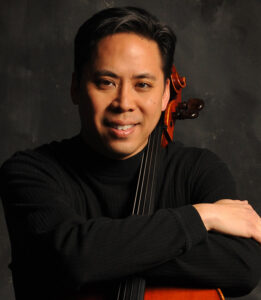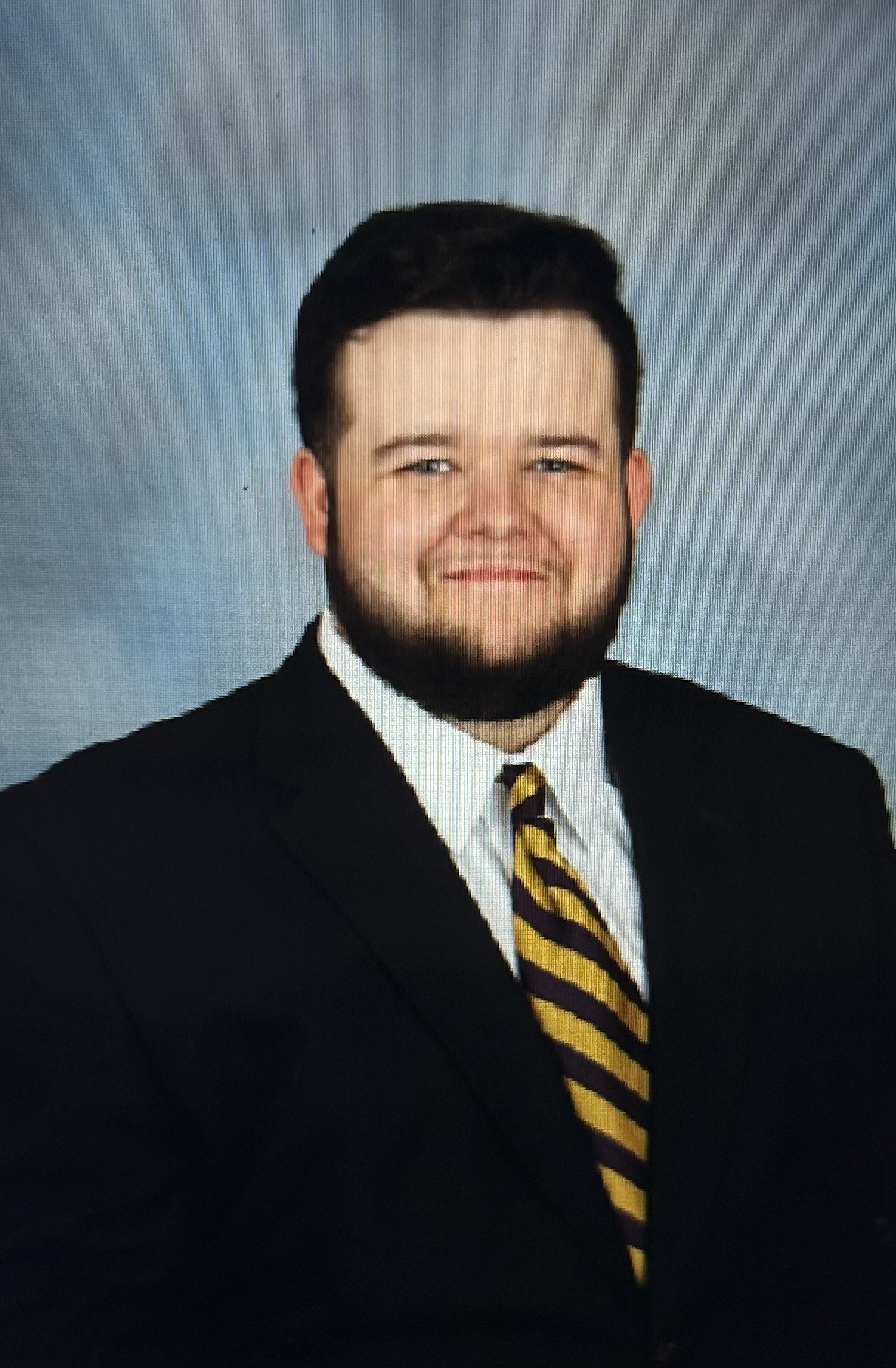From the Blair Master Series:
Beethoven and Shostakovich at Turner Hall.

On Friday September 6th I was treated to a lovely night at Vanderbilt’s Blair School of Music. The occasion was a continuation of the Blair Master’s Series, this time featuring Professors Felix Wang (Cello) and Susan Yang (Piano). The performance took place in the intimate and beautiful Turner Hall and featured Beethoven’s Cello Sonata no.5 in D Major, op. 102 and Shostakovich’s Sonata in D minor, op. 40. The concert wasn’t terribly long but was executed with extreme mastery and precision.
Dr. Wang is renowned for his global performances and the soulfulness he puts into every performance, and this was no exception. Before both pieces Dr. Wang put the piece into context historically and within his own life. Beethoven’s Sonata is from the composer’s late period, a time when he was completely deaf. Dr. Wang commented that because of this, changes in mood and dynamics are extreme and abrupt at times. However, these dynamic changes worked beautifully in tandem with his romantic melodies–especially in this piece. Finally, especially with his accompanied Cello Sonatas, Beethoven’s work was more typically an expression of a collaboration between the instruments than a complete focus on one instrument. All of these things came together beautifully in Wang and Yang’s performance on Friday.
The first movement really emphasizes the equal role between piano and cello especially in moment of imitative counterpoint. The second movement, as noted by Dr. Wang, is much slower and has a lot more emotion. Between the emotionally powerful outer movements there is a lighthearted “Oasis” providing relief to the slower and arguably sadder sections of the second movement. The second and third movements run directly together without break and the third movement is a fugue featuring a quirky melody that sustains throughout the movement. The finale of the fugue is similar to finales Beethoven would use later pieces such as his late string quartets and the Hammerklavier sonata.

This piece was particularly moving for me, the artists resonated with the innate emotion of the early romantic period. I found myself consistently engaged with not only the music but the expression from their bodies on stage. It was almost like Dr. Wang was inviting us to walk with him through the advanced harmonies directing us and engaging us with the resolutions at the end of the passages. I was not particularly familiar with this piece before the performance but following it has quickly become one of my favorite pieces for cello. From where I was sitting, the piano drowned out the cello at times, but in all it was a beautiful performance.
The Shostakovich Sonata is quite different from the Beethoven in several ways. First, it was written almost 120 years after the Beethoven was written; by this time the Romantic era had given way to the Modern. Yet, Shostakovich’s piece does contain a lot of romantic principles and ideas. Secondly, this specific sonata was written in a challenging time of Shostakovich’s life. He had recently finished his Opera Lady Macbeth of Mtsensk which was later deemed by Stalin to be unfit for the Soviet Union. Following this declaration Shostakovich was attacked by the Soviet news and review paper, Pravda. Accordingly, the sonata contains many traditional Russian themes and motifs. The first movement is in an arch sonata form in which the recapitulation begins with the second theme rather than the first. The second movement is more traditional to Shostakovich’s early music with a shared counterpoint between the cello and piano. If the first movement resonates with Shostakovich’s early pieces, then it is safe to say the third movement foreshadows his later works. The lines are less angular and more compassionate and flowing. The finale is similar to some of his preludes where it seems it was solely composed for his own performance uses.
Dr. Wang commented on a lot of these aspects and the political issues of Shostakovich’s life before performing. Adding to this is the fact that this piece was composed during a fleeting period when Shostakovich was separated from his wife, which may be a source of inspiration for the drastic changes in themes and motifs. Dr. Wang did a fantastic job capturing all of these aspects of the music in his performance. No matter the stylistic change he was on point and direct with his delivery of the music, making it extremely expressive and moving for the crowd.
Overall Drs. Wang and Yang delivered what was a breathtaking performance of two vastly different pieces of music. The crowd was consistently engaged and extremely impressed by the performance. Personally, I was happy to listen to the short lectures on the pieces, I feel it really added to the experience of the music. I was immensely pleased and impressed with the performance and look forward to when I can return to Blair to hear more of what Master Series has to offer!



